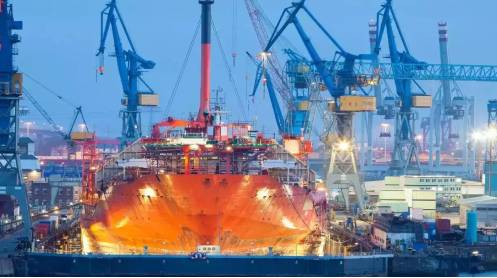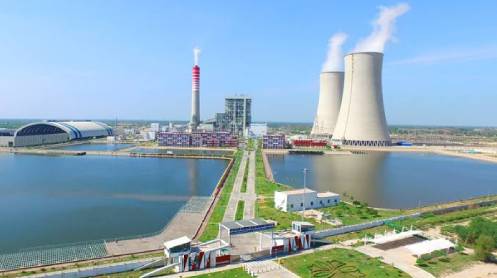KARACHI: Ports and shipping experts have raised alarms over the inadequate safety and security systems at Pakistan’s ports, highlighting the urgent need to address maritime safety, environmental protection, law enforcement, and national defence. Their concerns were amplified following a fire at Pakistan International Bulk Terminal Limited (PIBTL) at Port Qasim, caused by the discharge of combustible Tanzanian-origin coal.
While the fire was swiftly controlled without injuries, the incident has triggered calls for stronger safety protocols. Experts revealed that prolonged delays due to such mishaps could result in millions of dollars in demurrage payments, exacerbating Pakistan’s economic challenges.
Muhammad Najib Balagamwala, Chairman of Seatrade Group, estimated that a three-week disruption could lead to at least $5 million in demurrage costs. Ports expert Majyd Aziz criticised the lax security measures at Karachi Port Trust (KPT), citing inadequate fire-fighting equipment, insufficient occupational safety training, and lack of traffic and human movement control around the ports.
The experts stressed the need for Standard Operating Procedures (SOPs) to ensure thorough inspection of imported commodities, particularly combustible materials, and called for dedicated safety councils comprising stakeholders and experts to regularly review port operations.
Additionally, they recommended 24/7 port operations, construction of a dedicated expressway to ease truck congestion, and the development of smaller ports like Jiwani in Balochistan under public-private partnerships. Enhanced infrastructure, including special economic zones and essential utilities, was proposed to replicate the Gwadar model and improve port efficiency.
A unified, modernised approach to port management is crucial to mitigate risks, prevent economic losses, and align Pakistan’s ports with global standards.
Story by Gohar Ali Khan





